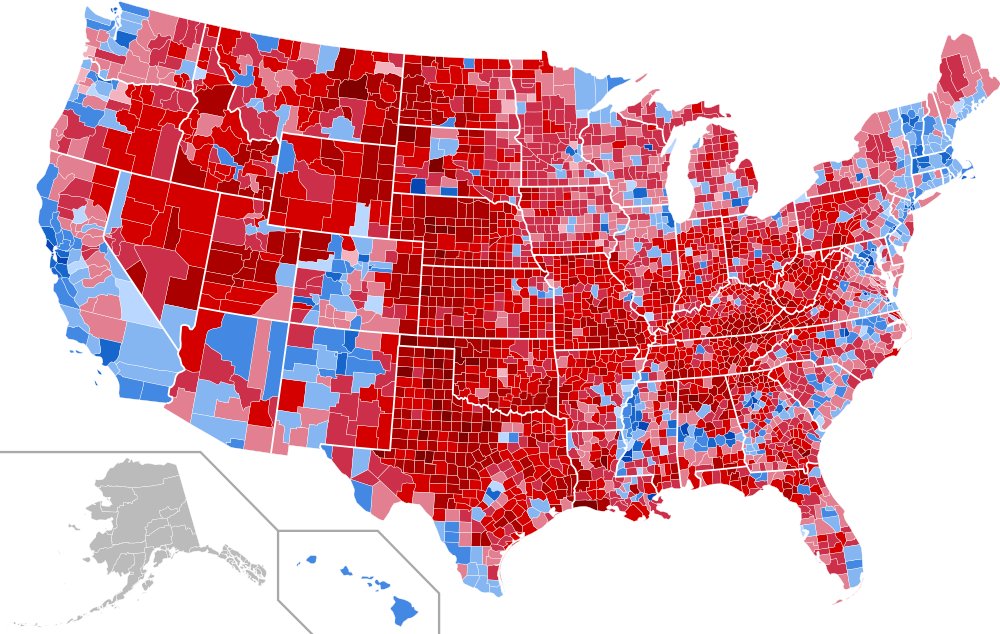A democratic friend of mine asked me recently what educated progressive economists would point to in arguing for the minimum wage to be increased. I suggested to him that most are well aware that the minimum wage at some level is going to be harmful (which is why nobody is calling for a $100/hr min wage), but that there is more disagreement about the harm of a modest increase. While the vast amount of studies show clear negative harm of increasing minimum wages, and many of the progressives are presumably aware of this literature, they nevertheless support an increase.
David Neumark has done extensive work summarizing the voluminous literature and reports the following on WSJ (gated):
To provide an accurate reading of the research, Peter Shirley and I surveyed the authors of nearly all U.S. studies estimating the effects of minimum wages on employment published in the past 30 years. We asked them to report to us their best estimate of the employment effect, measured as the “elasticity,” or the percent change in employment for each 1% change in the minimum wage. Most authors responded, and in the few cases in which they did not, we pulled this estimate from their study.
The results are stark. Across all studies, 79% report that minimum wages reduced employment. In 46% of studies the negative effect was statistically significant. In contrast, only 21% of studies found small positive effects of minimum wages on employment, and in only a minuscule percentage (4%) was the evidence statistically significant. A simplistic but useful calculation shows that the odds of nearly 80% of studies finding negative employment effects if the true effect is zero is less than one in a million.
I explained to my friend that supporters’ usual argument is that while yes, there will be some small job loss, the benefits to those receiving higher wages greatly exceed the losses, and there is a great social net benefit. Now I reject the utilitarian morality inherent in this claim, as I don’t see why as a country we would want to make it illegal for someone with low skills to be allowed to work–which absent a charitable contribution by their prospective employer would be the result. Further, I explained to my friend that there are many other margins that an employer may choose to reduce, since wages are only one part of an employees’ total compensation (benefits, training, amenities, hours, etc. all can be adjusted to compensate). There is no certainty that even if minimum wage employees keep their job that they are better off. Presumably their initial compensation bundle proportions were what they would like them to be, and even if not, we have no certainty that a government mandate to make a higher percentage of one’s compensation be in the form of wages is automatically beneficial to an employee.
But what I failed to tell him about is something my students and I are studying this semester in a class on Behavioral Economics–the cognitive biases that all of us have to some degree. We’re reading 2002 Nobel Laureate Daniel Kahneman’s book Thinking Fast and Slow, and one of the pervasive cognitive biases he mentions is WYSIATI–what you see is all there is. We all know this and lament it in the broader cultural discussions about our tribes, the media we consume, etc., as we only regularly consume information from sources that think like we do. So we all have some level of confirmation bias–discounting stories that disagree with our priors, while uncritically embracing information that agrees with our presuppositions. But I began to think about this with respect to the minimum wage, and it seems to make sense. We’re all familiar with the great red/blue divide:

And we’re generally aware that urban cities are overwhelmingly progressive, while rural areas are solidly red. I think this is a big part of the issue with respect to the minimum wage. For an urban progressive, it’s unimaginable that one could possibly survive on $7.25/hr in any big city (which is what their experience is–WYSIATI). Even $15/hr is really pretty pathetic. How can you people not support even this smallest of slivers to those less fortunate? Even here in the Dayton OH region, for example, there are many starting salaries for low skilled workers in the $13/hr range. But what you see is NOT all there is. And progressives have little understanding and therefore empathy for low skilled workers in the Mississippi Delta or rural Appalachia–where a $15/hr minimum wage would further devastate employment. I’m not picking on progressives here in particular–we all suffer from this bias. But this should give us some pause in trying to nationalize one particular view of the best economic policy. This is why I think we should fight as much as we can the nationalization of most economic policies. One size does not fit all, especially when WYSIATI ensures that political processes will lead to majoritarian dictates that don’t include perspectives that many are unable to see.
Where is Federalism when you need it?
 Bert Wheeler
Bert Wheeler
 Jeff Haymond
Jeff Haymond
 Marc Clauson
Marc Clauson
 Mark Caleb Smith
Mark Caleb Smith
 Tom Mach
Tom Mach